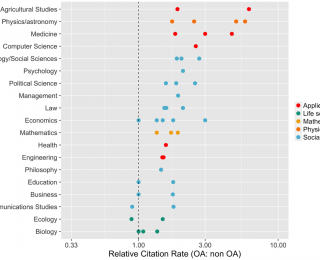
Why open research practices are a clever move
An essay about open scholarly practices in science.

An essay about open scholarly practices in science.
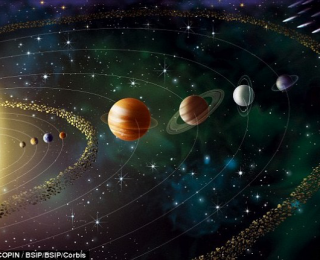
The puzzling architecture of the Solar system has long been a headache for planetary dynamicists. An alternative model of the gas giants’ movements may shed new light on the issue.
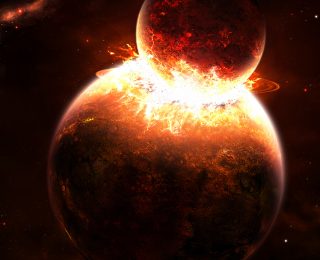
Earlier than one billion years ago, Earth’s magnetic field had to be driven differently than today. But how? And what can we learn from this about magnetic fields on exoplanets?
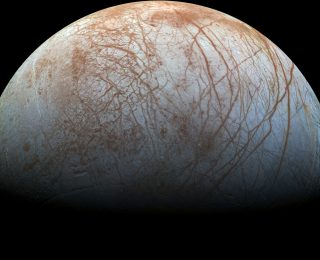
Water worlds – do they exist? Or is there an omnipotent self-regulation mechanism which makes terrestrial planets look like Earth?
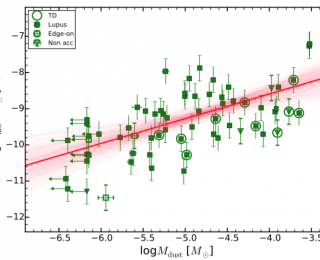
Do predictions from classical disk theory work with state-of-the-art measurements?